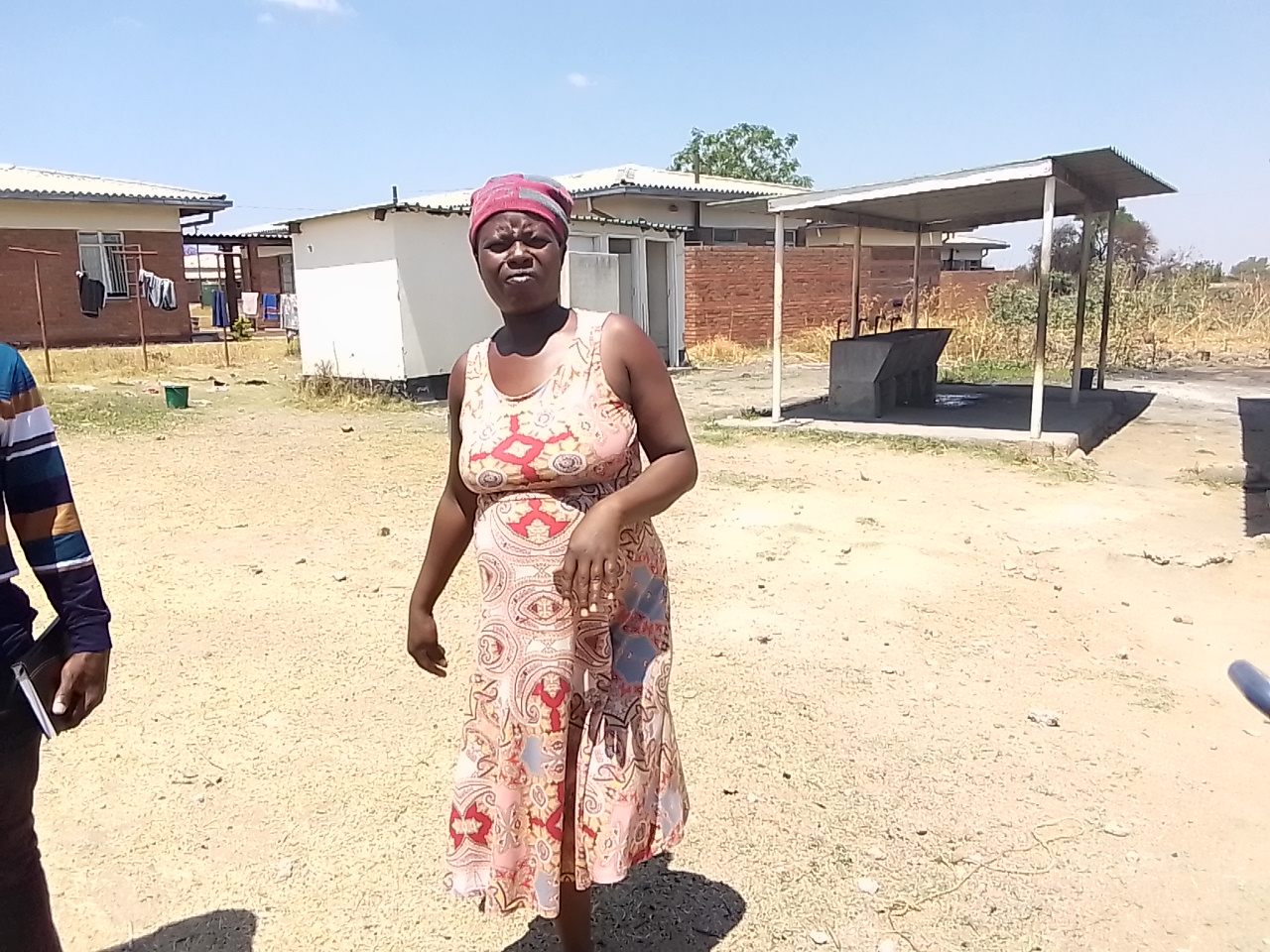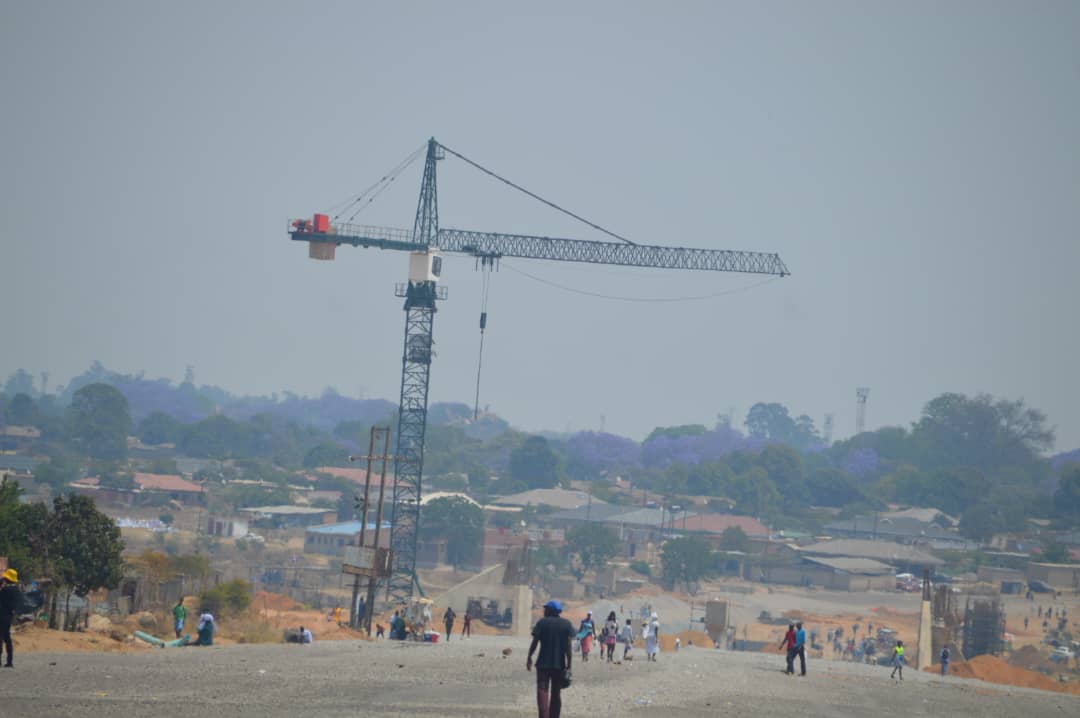Maternal deaths drop sharply in Mat South
Share

Plumtree (New Ziana)- The number of women dying while giving birth has significantly gone down in Matabeleland South province as a result of interventions by government and partners, a senior government official has said.
This is a result of free health care provided to expecting mothers under
the Results Based Funding model (RBF), jointly funded by the government
and the World Bank.
Under the programme, more and more expecting women now deliver at health
facilities, without paying, and no longer at home.
Some of the funding also goes towards incentives for health workers and
procurement of medicines.
Matabeleland South provincial medical director, Andrew Farai Muza told
journalists touring RBF projects here that the number of women who died
whilst giving birth between January-September this year went down
significantly to six, from an average of 20 in previous years.
“For this year, we have had six maternal deaths the whole of this year.
“We used to record 15 deaths and at peak 20 deaths,” he said, adding that
the figures have also gone down nationally.
Plumtree district medical director, Joe Nganunu said the number of women
who are delivering babies in health facilities has also gone up,
courtesy of the RBF funding.
“The number of institutional deliveries have greatly improved. Now
pregnant women are giving birth at health facilities and not at home.
“The morale of our staff has also been boasted by the RBF incentives
being given to health workers,” he said.
According to the 2022 census, maternal deaths in Zimbabwe stood at 363
per 100 000 live births.
Beneficiaries of the RBF maternal services staying at a waiting facility
at Lupane district hospital said it was a huge relief when the financial
burden of giving birth was lessened by the RBF model.
“Back in 2007, when I gave birth, we still had to pay for delivering.
However, it became free afterwards. If they were to make us pay in the
future, we would choose to deliver at home because of lack of money.
“Delivering at home can be dangerous, especially when you live with young
children and they can’t rush you to the hospital,” said Sarudzai
Ndebele, one of the beneficiaries of the programme.
“One advantage of delivering at the hospital is that sometimes instead
of normal delivery, one receive caesarean delivery due to complications.
Some of the children I delivered after the implementation of free
delivery have been born without complications,” she added.
First time expecting mother, Simpiwe Mapindi from Bingoma, who was
referred from her rural clinic to Plumtree hospital to deliver, could
not hide her joy.
“Here I never paid anything and I am enjoying the services,” she said.
New Ziana







